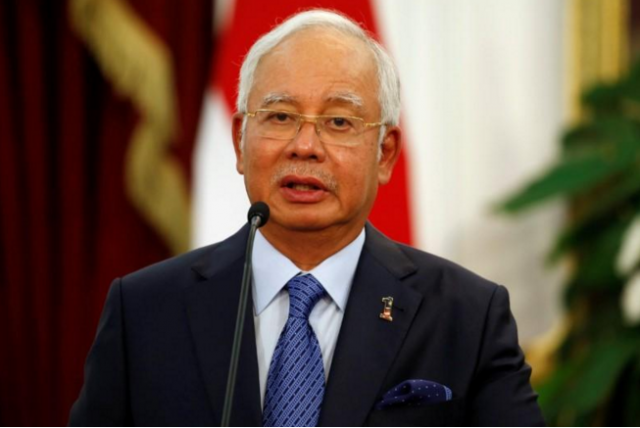KUALA LUMPUR — Malaysian Prime Minister Najib Razak has sparked storm of criticism after saying he had stopped eating rice in favor of more expensive quinoa.
Najib, who is facing a general election within months under a cloud of a corruption scandal, has been blamed for a rising cost of living since launching a goods and services tax in 2015.
Hoping to win a third term in the election due by August, Najib has denied wrongdoing in connection with the graft scandal surrounding the 1Malaysia Development Berhad (1MDB) state fund.
The fund has also denied wrongdoing.
The latest barrage of criticism from opponents who label the prime minister aloof of and out of touch with ordinary folk followed a comment he made while visiting a hospital on Thursday.
“I don’t eat rice. I eat quinoa. My son introduced me to it,” Najib is heard saying in a video taken at a question and answer session.
Najib goes on to explain quinoa has less carbohydrates and sugar.
“It is better than rice,” he said.
Rice is a staple grain consumed across Malaysia. It was subsidized by the government until 2015.
The comment on quinoa, originally from South America, was derided on social media.
Former premier Mahathir Mohamad, the opposition’s candidate for prime minister if it were to win the election, voiced his support for Malaysia’s traditional grain.
“I only eat local rice,” Mahathir said on Twitter.
Another opposition leader, Lim Kit Siang, said he had never even heard of quinoa.
“The 14th general election will be quinoa vs rice; clean government vs kleptocracy; and Najib vs people of Malaysia,” Lim said in a statement.
Najib’s office responded by saying “certain quarters” had manipulated his comments.
Quinoa was part of Najib’s healthy diet and had been recommended by a doctor, his office said in a statement late on Friday.
Najib is widely expected to win the election, thanks to a divided opposition, an upbeat economy, rural support and the redrawing of electoral boundaries that critics say favors the government.










